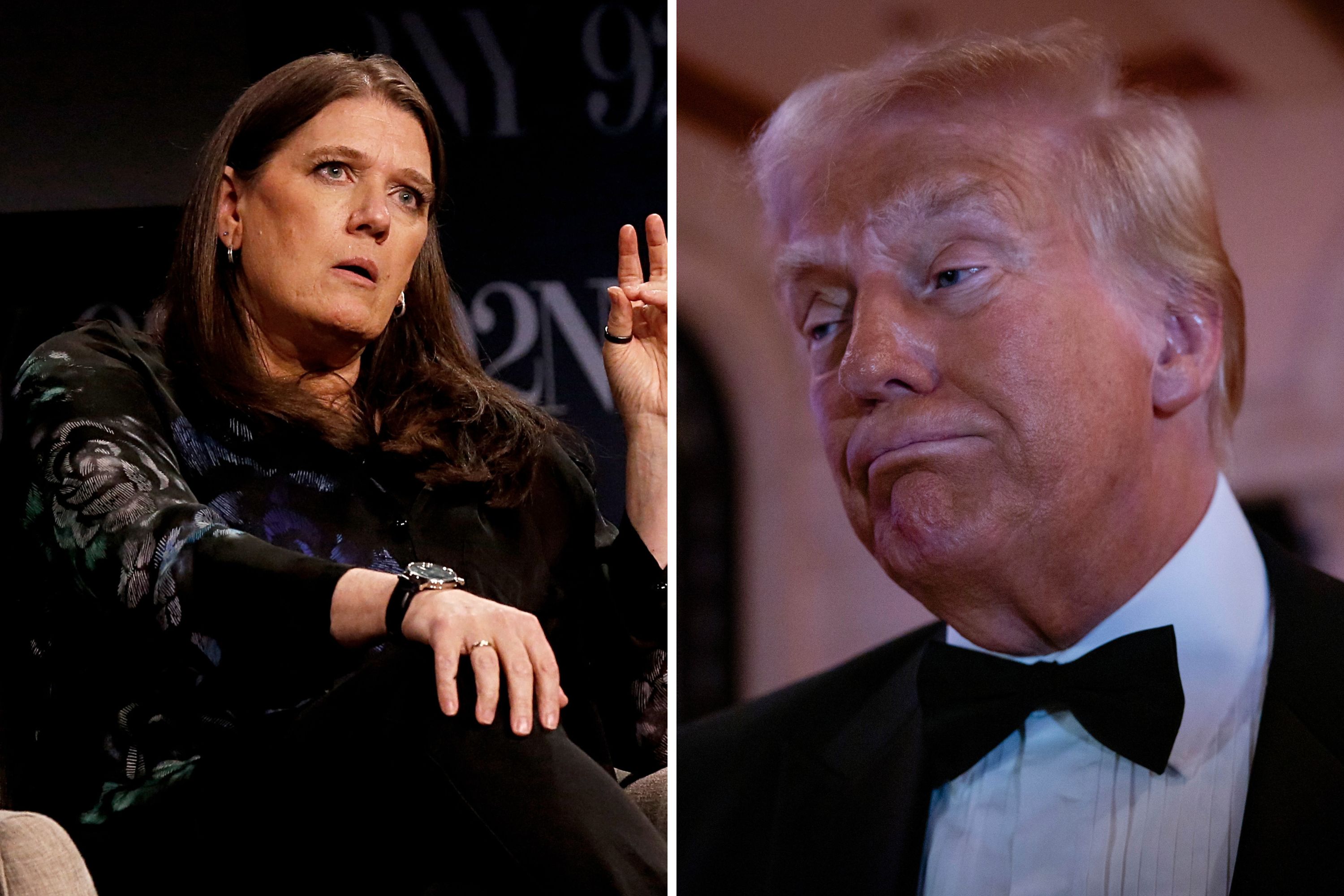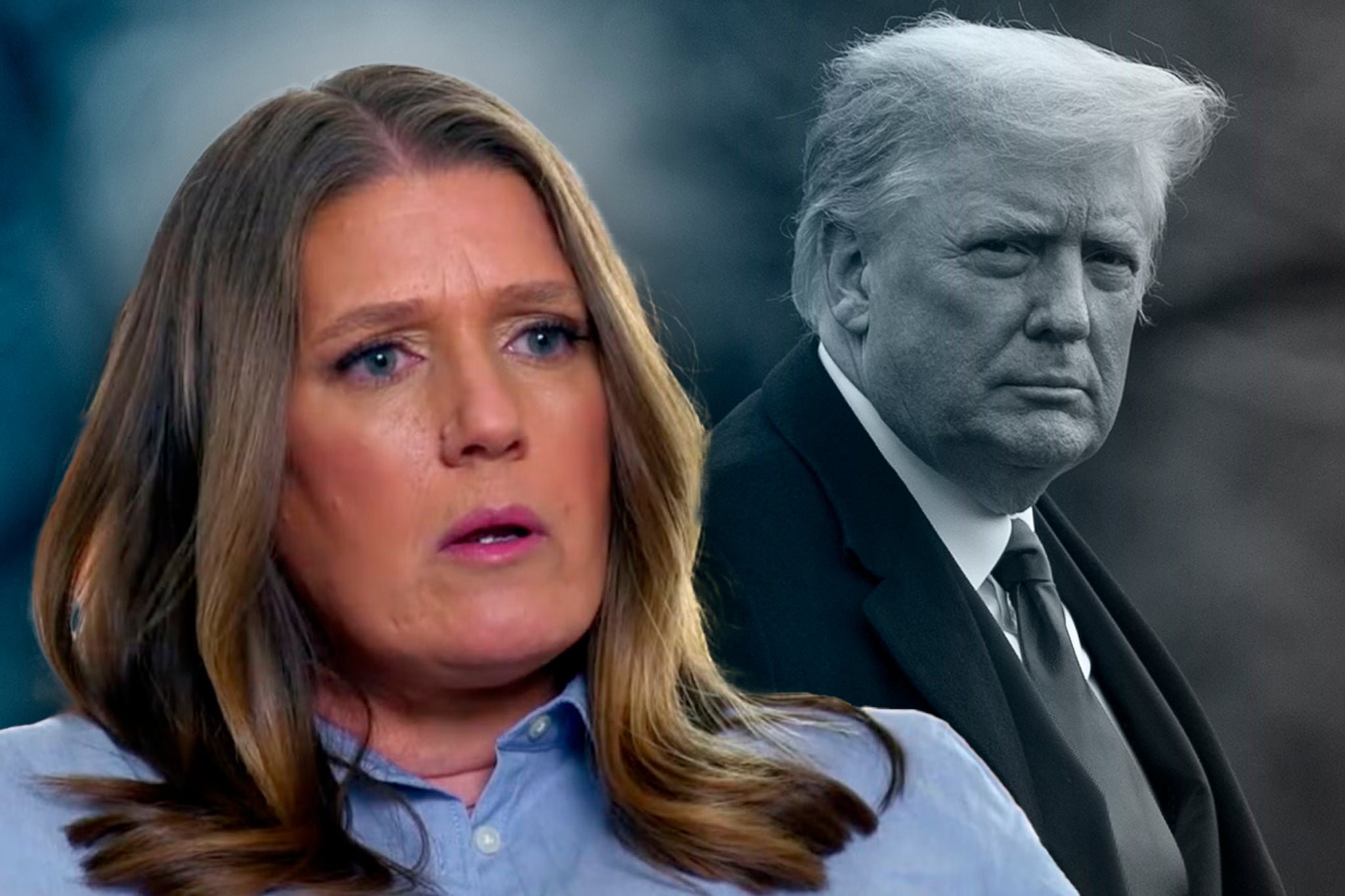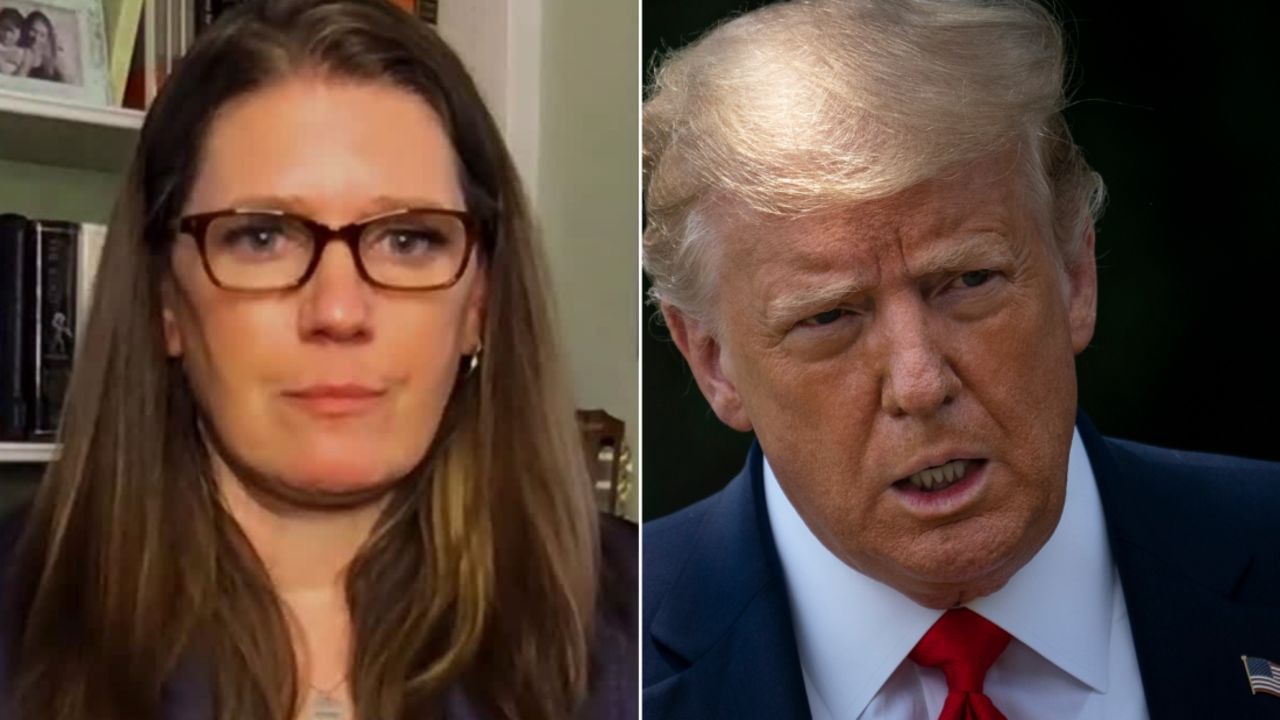Mary Trump, a clinical psychologist and the niece of former President Donald Trump, has re-entered the national conversation with renewed criticism of her uncle’s public behavior. As a trained mental health professional and author of the 2020 best-seller Too Much and Never Enough: How My Family Created the World’s Most Dangerous Man, she continues to express concern about what she views as troubling patterns in Donald Trump’s conduct. Her most recent statements come amid wider scrutiny regarding Trump’s speeches, media appearances, and overall communication style.

Background and Professional Credentials
Mary L. Trump, Ph.D., holds a doctorate in clinical psychology from Adelphi University and previously taught graduate psychology courses. Her background in mental health, combined with her personal connection to the Trump family, has contributed to the national interest in her assessments. Her previous book, which became a No. 1 New York Times bestseller, explored the dynamics within the Trump family and the psychological development of her uncle. It received wide coverage in outlets such as The Washington Post, CNN, and The Guardian.
Public Remarks and Concerns About Leadership Style
In a recent video segment on her YouTube channel, Mary Trump offered her perspective on the former president’s communication habits and decision-making during public events. She highlighted his tendency to provide off-topic or vague answers during interviews or press appearances. These moments, according to Mary, could reflect challenges in maintaining focus and clarity when responding to structured questions.

Criticism of Trump’s speaking style is not new. Political commentators and journalists across outlets such as PBS NewsHour, The New York Times, and The Atlantic have analyzed his unscripted remarks during speeches and interviews, sometimes noting inconsistencies or digressions in his messaging. Supporters, meanwhile, often interpret these as signs of authenticity or informal leadership.
Mary Trump, however, takes a more clinical view. While she does not claim a formal diagnosis, she has consistently argued that the former president’s behavior warrants deeper scrutiny from mental health experts, especially given the responsibilities of public office.

Referencing Family Medical History
Mary has also pointed to the Trump family’s medical history, particularly the case of Donald Trump’s father, Fred Trump Sr., who was diagnosed with Alzheimer’s disease later in life. While family history is not itself a diagnostic tool, it is often cited in conversations about long-term cognitive health. According to reputable health institutions like the National Institute on Aging, genetics can play a role in some forms of cognitive decline, though many factors—including age, lifestyle, and environment—also contribute.
It’s important to note that Mary Trump’s comments are based on public observations and do not constitute a clinical diagnosis, in line with the standards of the American Psychiatric Association’s Goldwater Rule, which discourages diagnosing public figures without a formal evaluation.

Reaction to Recent Public Engagements
Mary Trump also discussed one of Donald Trump’s recent visits to a controversial immigration facility in Florida, where his responses to press questions drew attention for their meandering style. The event was covered by multiple national news outlets, including Reuters and CBS News, and generated mixed reactions across the political spectrum.
Critics viewed his statements as lacking specificity and focus, while supporters praised his improvisational tone. Mary Trump used this as an example to support her long-standing concerns, noting that clear, consistent communication is essential for public officials.
Ethical Questions About Commercial Ventures
Mary also raised ethical concerns regarding recent commercial ventures promoted by Donald Trump, including the release of a luxury fragrance branded under his name. According to public posts on his social media platform, Truth Social, the perfume—named “Victory”—was launched with premium pricing and elaborate packaging.
Such commercial activity has prompted commentary from ethics experts. While there are currently no federal restrictions preventing former presidents from engaging in private business after leaving office, watchdog groups have previously raised questions about the overlap between political branding and commercial enterprise. Organizations like Citizens for Responsibility and Ethics in Washington (CREW) have issued public reports evaluating how personal businesses intersect with public roles.
Mary Trump argued that these activities contribute to what she describes as a pattern of monetizing political influence. Her remarks reflect a wider public debate about the ethical boundaries of former political leaders profiting from their time in office.

Broader Public Discourse
Mary’s criticism comes at a time when public figures’ cognitive fitness has become a topic of national discussion. Both major party presidential candidates in recent election cycles have faced questions about their age and health. In a nonpartisan statement, the American Psychological Association emphasized the importance of transparency and medical evaluation for those seeking or holding high office, while also cautioning against politicized or speculative commentary.
Multiple mainstream media organizations, including NPR and NBC News, have reported on the increasing public interest in age-related cognitive health, especially among individuals in leadership positions. This ongoing conversation underscores the relevance of medical evaluations, professional communication, and performance transparency in a democratic society.

Ongoing Influence and Media Presence
Mary Trump continues to use her media platform to engage with political developments. In addition to her YouTube channel, she contributes to political discussions through her podcast and written commentary. Her public role as both a family member and trained psychologist adds a unique lens to her critiques, though it has also sparked debate regarding the appropriateness of her commentary.
Despite differing views about her approach, her influence in the political media space is significant. Her book sold over one million copies within its first month, and her public appearances on CNN, MSNBC, and major podcasts have helped shape public understanding of the Trump family dynamics.

Conclusion
Mary Trump’s latest remarks offer a critical perspective on Donald Trump’s recent public appearances and business ventures. Grounded in her professional background and personal history, her commentary contributes to ongoing public discussions about leadership, health, and ethics. As debates continue surrounding the role of former political leaders and their conduct, voices like Mary Trump’s play a notable role in shaping civic discourse and urging closer examination of those seeking public trust.
Sources:
-
American Psychological Association – Statement on Diagnosing Public Figures
-
National Institute on Aging – Alzheimer’s and Cognitive Health
-
The New York Times – Coverage of Mary Trump’s Book
-
CBS News, PBS NewsHour – Trump’s Immigration Visit Coverage
-
Citizens for Responsibility and Ethics in Washington (CREW) – Ethics Reports on Former Presidents
-
Reuters – Reporting on Trump Business Ventures
-
MSNBC, CNN – Interviews and Commentary from Mary Trump
